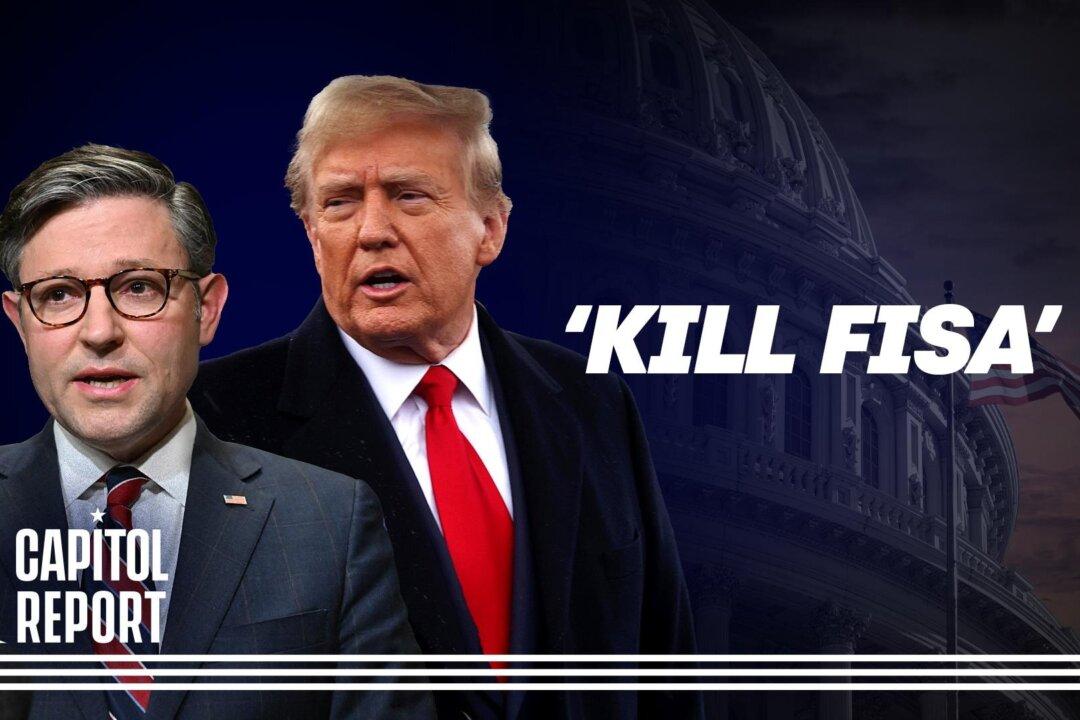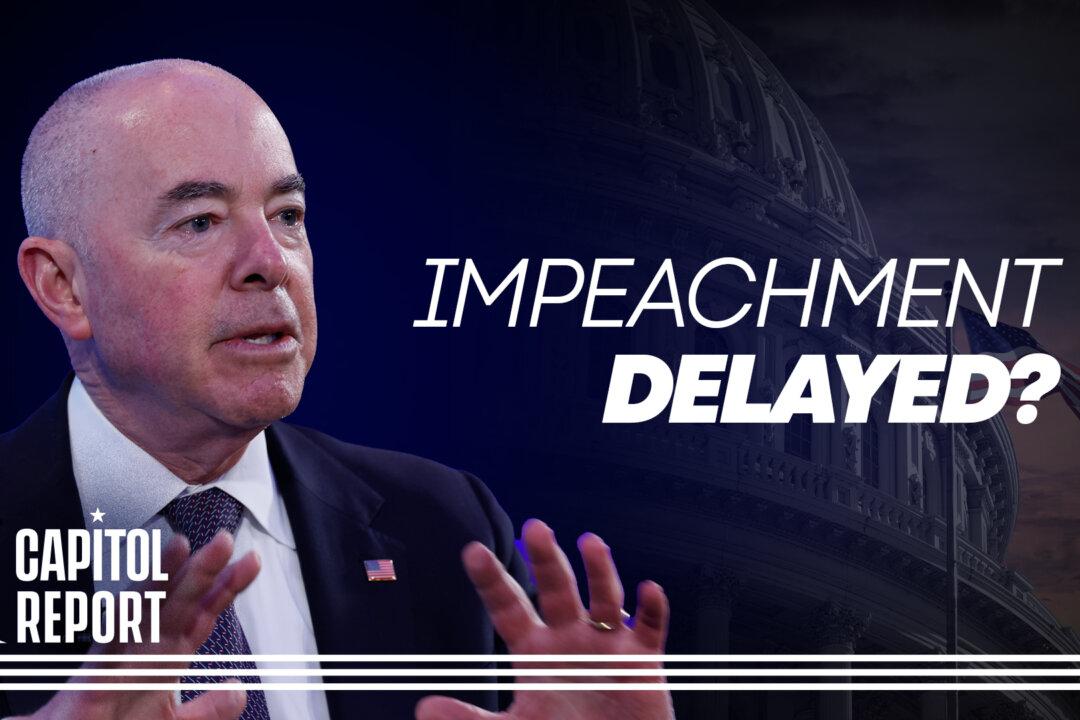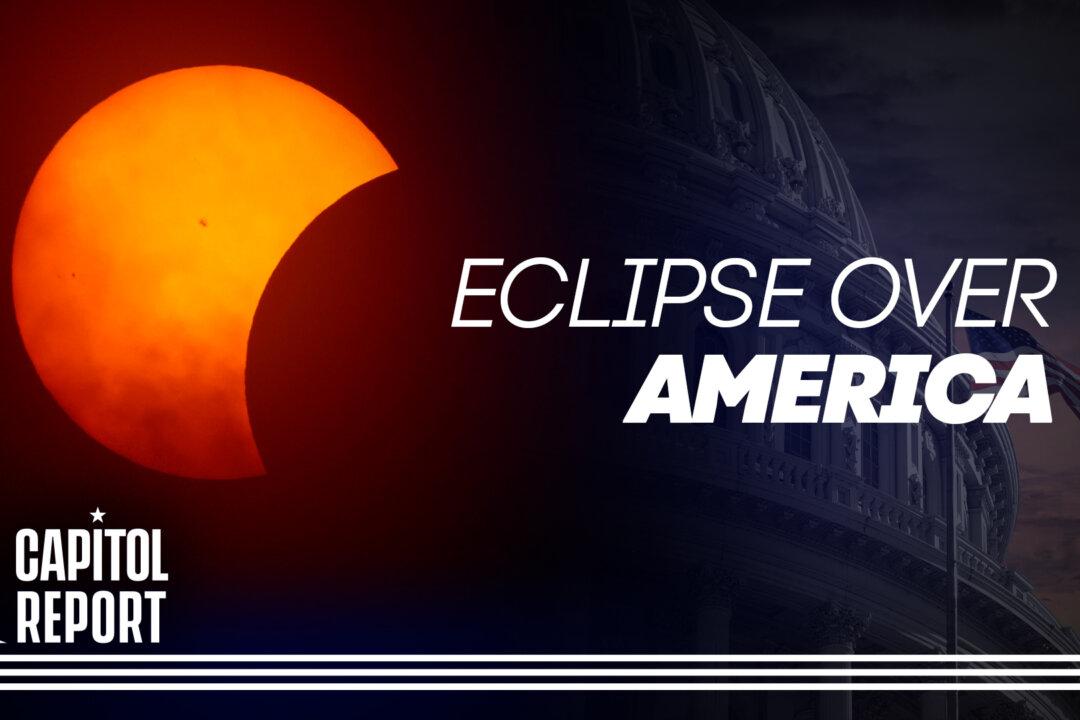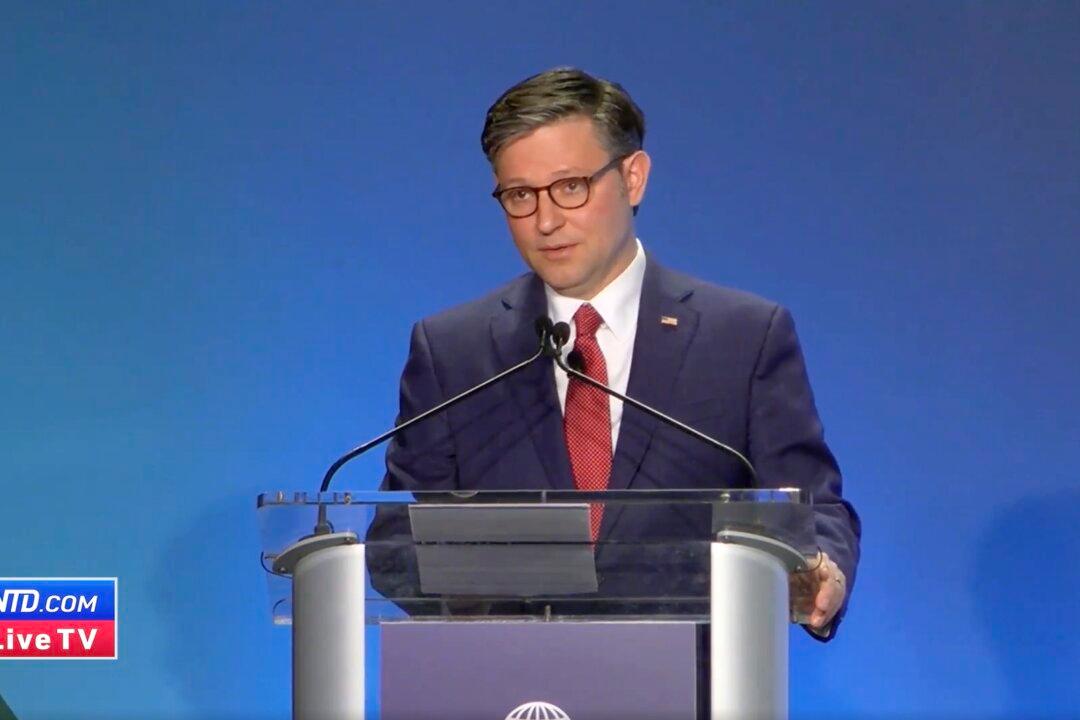“We note with concern the Chinese government’s statements,” a spokesperson for the state department told the outlet on July 25.
The statement comes days after China’s Ministry of National Defense acknowledged the possibility of deploying the People’s Liberation Army (PLA) in Hong Kong to “maintain social order,” suggesting that soldiers could be sent in upon a request by Hong Kong leaders.
The warning came as Beijing released its first national defense white paper in four years, in which it threatened to use force in Taiwan and Hong Kong, and stressed the Chinese military’s role in “consolidating the leadership of the Chinese Communist Party (CCP).”
A spokesman of the ministry, Colonel Wu Qian, speaking at a press conference for the defense white paper on July 23, warned that the “behaviors of some radical protesters have challenged the central government’s authority” and was something “completely intolerable.”
He then pointed to a specific article in the city’s Garrison Law that allows Chinese troops to directly intervene to maintain law and order as the Asian financial hub enters its third month of mass protests against a controversial extradition bill.
The U.S. Congressional-Executive Commission on China (CECC) on July 24 slammed Beijing’s threats to deploy troops in Hong Kong.
The chairs also urged the U.S. administration to “strongly and publicly” condemn such threats of military intervention.
The widespread protests in Hong Kong, which started in early June, was sparked by an extradition bill proposed by the local government that would allow people to be transferred to mainland China to face trial in courts controlled by the Chinese Communist Party (CCP). Critics say such a law would threaten Hong Kong’s fundamental human rights and autonomy given China’s conviction rate of more than 99.9 percent.
As the city government continued to deny all protester demands, including a withdrawal of the bill, protests escalated with increased volatility in clashes with police. Protesters, numbering millions, have increasingly directed their anger toward the city’s police force for firing tear gas and rubber bullets, and a government they say is the puppet of the CCP. The CCP’s consistent encroachments on Hong Kong’s governance has resulted in the flood of anger now seen from residents in the anti-extradition-bill crisis, with seemingly no end in sight.
The CECC chairs voiced support to protesters in Hong Kong “who are peacefully promoting democratic principles and the rule of law,” citing the U.S.-Hong Kong Policy Act, which grants the city trade and travel privileges due to its guaranteed level of freedom and autonomy under “one country, two systems” that separates it from communist China.
In addition to urging the U.S. government to condemn Beijing’s warnings, the committee also called for the Hong Kong government to condemn the brazen threats from Beijing as “unwelcome interference in Hong Kong’s affairs.”
The two chairs also addressed the alleged collusion between Hong Kong police and local triads in a violent mob attack on July 21, in which dozens of masked men in white shirts brazenly attacked defenseless passengers inside a train station with batons and metal bars. The attacks saw 45 people sustaining injuries.
An extensive delay in police response and footage taken by passersby showing officers interacting with alleged assailants but not making any arrests, have raised widespread speculations alleging ties between the police and triads to target protesters.
“Escalation of violence—whether on the part of organized crime thugs or the PLA—will only further undermine Hong Kong’s autonomy and rule of law,” Rubio and McGovern wrote, urging the city government to avoid adopting such tactics. “Instead, the Hong Kong government should listen to the legitimate grievances of Hong Kongers and enter into substantive discussions,” the statement read.
Meanwhile, amid the torrent of condemnation of the beatings by local triads, China has taken a hostile tone in lashing out at foreign countries who have voiced their concerns regarding the anti-extradition- bill protests.
“Hong Kong belongs to China,” Chinese Foreign Ministry spokeswoman Hua Chunying told reporters in a June 24 briefing, while avoiding acknowledging the attacks. “We will not allow any foreign forces to mess with Hong Kong. We advise the United States to withdraw its dirty hands from Hong Kong as soon as possible.”
Rubio, in a video posted by his office on July 23, urged the world’s countries, including the United States, to condemn Beijing, which he alleged of being behind the July 21 mob attack that shocked the city with a level of violence rarely seen.
“The Chinese government has basically empowered these street gangs, these thugs associated with organized crime, to viciously attack these protesters, and not just the protesters, but whoever was standing around this train station,” Rubio said.
“It gives you great insight into the type of government that we are dealing with in the mainland of China, the Communist Party of China.”





